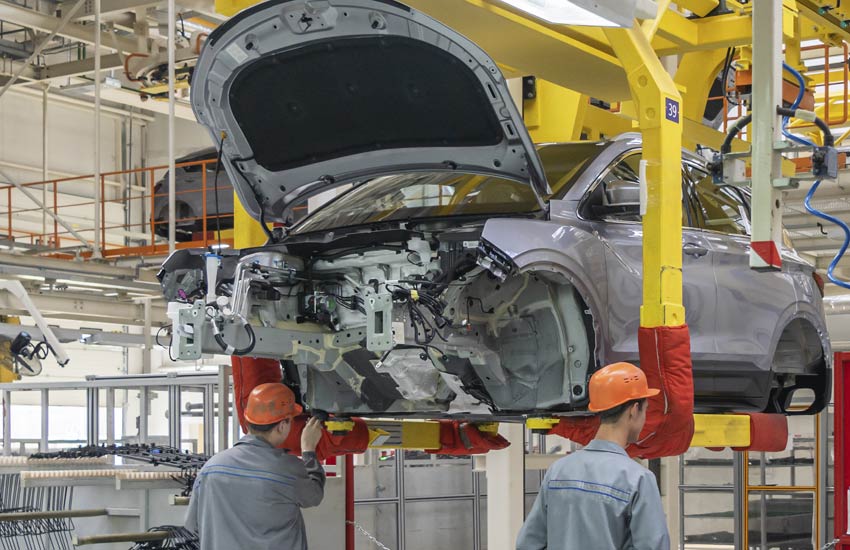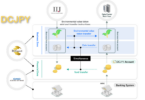Today the nonprofit mobility alliance MOBI has released new blockchain-based supply chain standards for the automotive sector in collaboration with Ford, Honda, Accenture, IBM and other industry participants.
Chaired by Ford, MOBI’s member-based Supply Chain (SC) Working Group is creating standards to enhance the tracking and traceability of automotive parts in a sustainable way.
And sustainability is something consumers increasingly want to know about. “The standards released by the SC Working Group provide vehicle OEMs and other ecosystem stakeholders with the framework to create a comprehensive, industry-wide, secure data management system that can be used for greater visibility into their global supply chain and facilitate seamless communication to manage production, maintenance, safety, and meet consumer and regulatory demands,” said Tram Vo, Co-director and Founder of MOBI.
Supply chain visibility is essential for stakeholders to meet consumer and regulatory demands. The working group focused on seven use cases:
- Business process management
- Manufacturing
- Parts traceability and recall management
- Consumption
- Ethical sourcing and sustainability
- Transportation and logistics
- Finance and payments
A key aim of using blockchain for supply chain systems is to increase transparency. Both COVID and recent semiconductor shortages have highlighted the need to have awareness not just about the immediate supply chain, but also your supplier’s own supply chain all the way down to the source. Only with that visibility through multiple levels and sharing data between manufacturers, distributors and repair shops, can the threat of disruption be predicted.
However, suppliers aren’t always keen to share data, because they don’t necessarily want their customers to know all the details. That can be addressed with a combination of blockchain combined with private peer-to-peer communications.
MOBI is a nonprofit alliance with more than 100 members from the world’s vehicle manufacturers, technology firms and others. It operates seven working groups which draft and implement blockchain-based industry standards.
Earlier this month, its Finance, Securitization and Smart Contracts Working Group released standards for using blockchain in vehicle financing.
The shift toward electric vehicles (EVs) has also propelled demand for blockchain-based solutions within the vehicle supply chain. Last year, Volvo invested in the blockchain traceability firm Circulor for cobalt traceability in electric car batteries.
Meanwhile, Rio Tinto has been focusing on aluminum traceability which auto manufacturers heavily use, and Porsche is working with blockchain plastic traceability startup Circularise.






